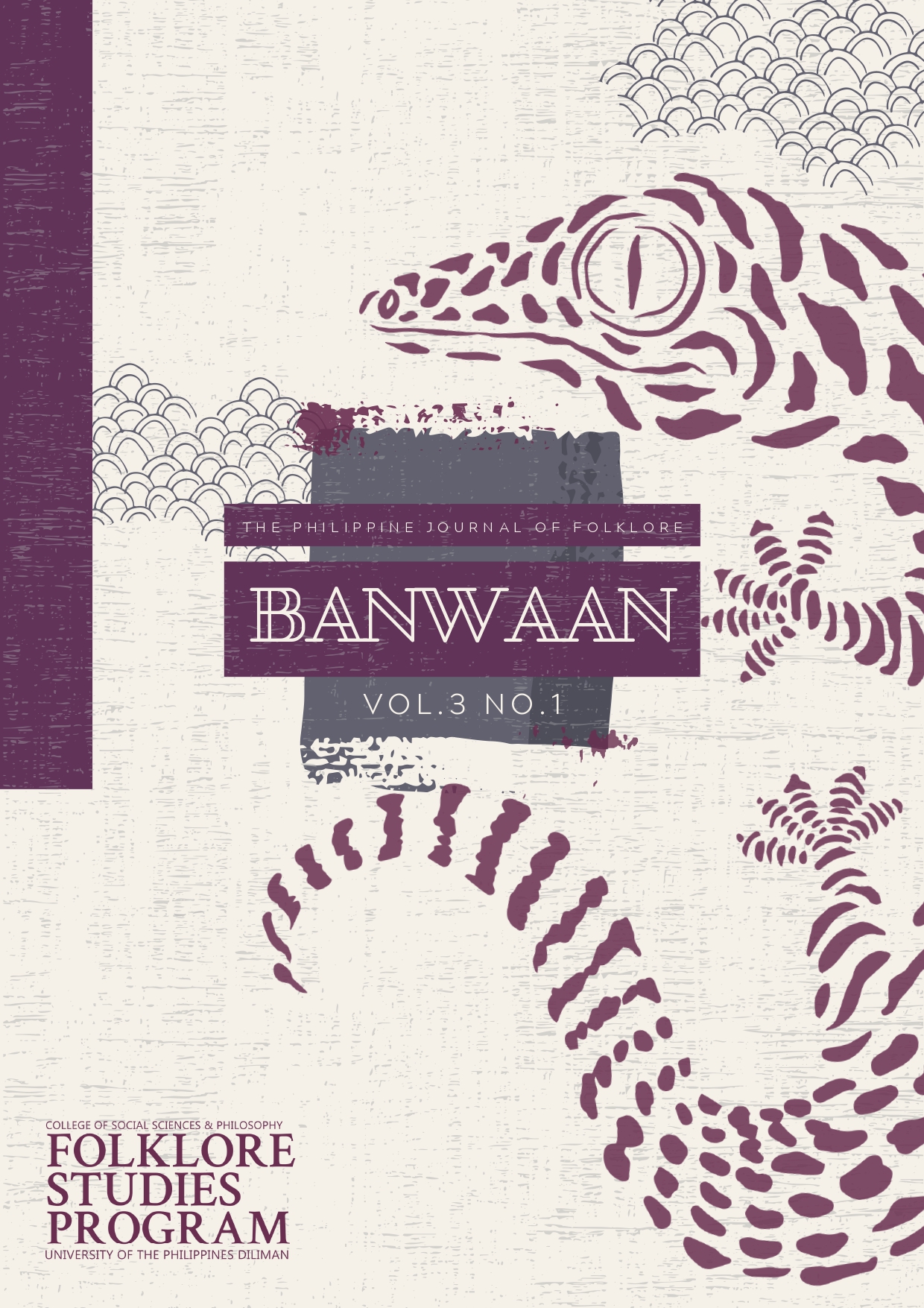The Lore of Consent in the Philippines
Abstract
The paper explores the dynamics of the concept and experience of consent in the Philippines through the analysis of both folklore and narratives. Employing Levi Strauss’ structuralist perspective, it delves into selected Filipino folklore and narratives derived from sexual harassment cases filed at the Office of Anti-Sexual Harassment at the University of the Philippines. Despite differences in form, both folklore and contemporary narratives reflect societal norms and cultural practices related to consent. While both recognize the negative consequences of consent, a significant distinction lies in their resolutions. Modern narratives introduce a layer where victims report cases, offering the potential for equitable outcomes. These stories also underscore patriarchy’s role in generating and ingraining gender biases and power imbalances, contributing significantly to the consent issue. The paper concludes by framing modern stories as iterations of folklores transmitted through generations, portraying evolving perspectives on consent. Guided by structuralist analysis, recurring binary oppositions highlight societal norms dictating power dynamics. The collective themes within folklore and contemporary narratives, addressing good manners, caution against relying on beauty, valuing humility, and associating vanity—especially for women—with potential drawbacks, reveal the pervasive influence of a patriarchal society. This emphasizes that societal norms take precedence over individual empowerment, shedding light on intricate challenges within societal dynamics and individual choices. The persistence of these issues signals a need for societal transformation, emphasizing storytelling as a catalyst for reshaping perceptions of consent. The paper aims to scrutinize the conceptualization of consent in Philippine folklore and its relevance in
contemporary narratives, advocating for gender-sensitive transformations through storytelling initiatives.
Keywords: consent, folklore, narratives, gender bias, patriarchy


